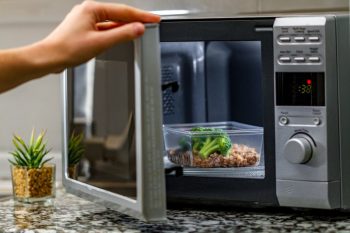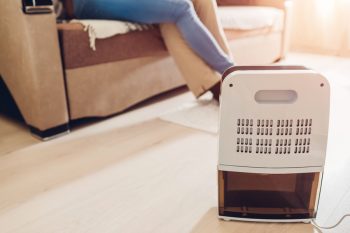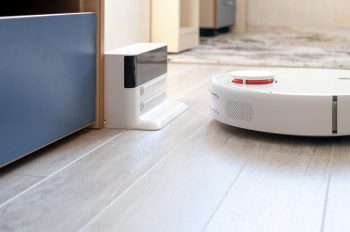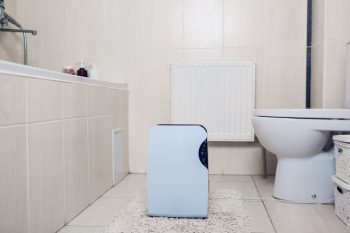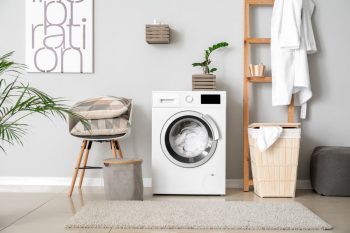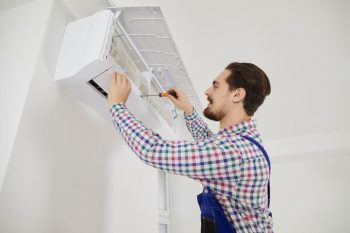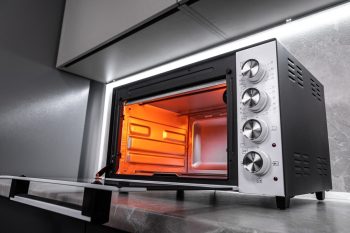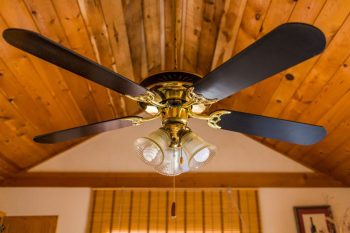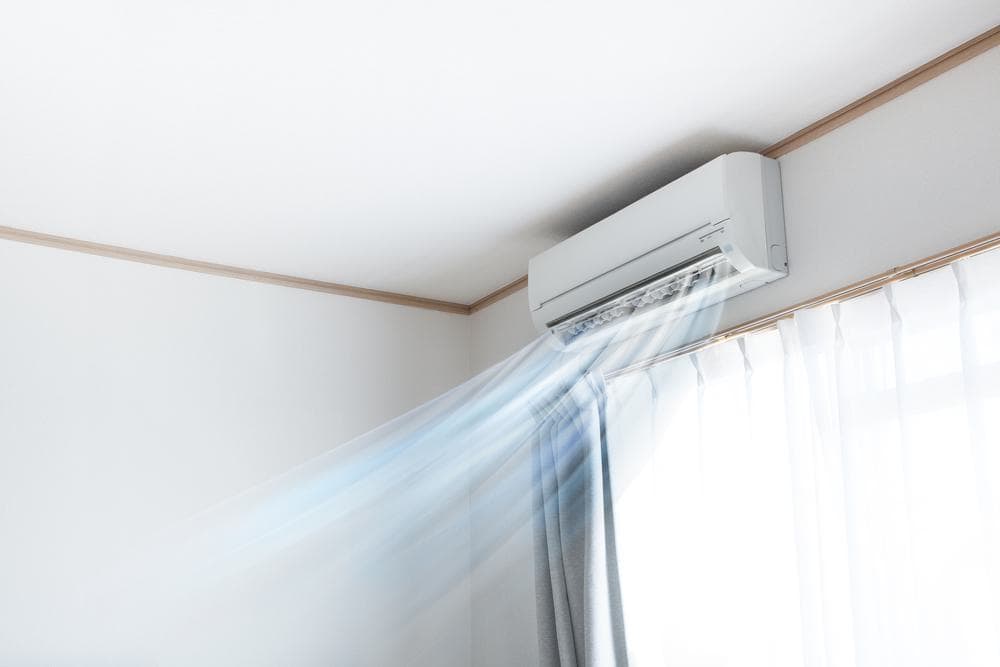
Choosing the right AC filter for your home or business is not a decision to take lightly. Having the correct filter not only ensures cleaner air but also improves the efficiency of your HVAC system and extends its lifespan. This comprehensive guide will help you understand everything you need to know about AC filters, from types and sizes to MERV ratings and replacement frequency.
Choosing the right AC filter depends on several factors. You need to consider the correct size for your system, which can be found on your existing filter or by measuring. The type of filter you choose should match your needs, with options ranging from fiberglass to HEPA filters. Consider the MERV rating, with higher ratings providing better filtration. Typically, filters should be replaced every 3 to 6 months. If there are allergy or asthma sufferers in your home, a higher MERV rating like a HEPA filter may be beneficial.
Understanding AC Filter Sizes
The first step in choosing an AC filter is determining the correct size. You can find this information on the label of your existing filter or by measuring it yourself. Common AC filter sizes include 16x20x1, 16x25x1, 20x20x1, and 20x25x1. However, the actual size of your air filter should be 0.25″-0.5″ smaller than the slot or frame itself to ensure a snug fit.
Types of AC Filters
There are several types of AC filters available in the market. These include:
- Fiberglass Air Filters: These are the least expensive but do not do a great job of keeping out dust and smaller particles.
- Pleated Air Filters: These are better at trapping smaller particles and offer superior filtration compared to fiberglass filters.
- HEPA Filters: These filters have the highest level of protection against airborne particles, trapping up to 99.97% of particles.
- UV Light Filters: These filters use ultraviolet light to kill bacteria, viruses, and other microorganisms in the air.
- Electrostatic Filters: These filters use an electrostatic charge to attract and trap particles in the air.
- Washable Filters: These filters can be cleaned and reused multiple times.
- Media Filters: These filters provide different levels of filtration based on their MERV rating.
MERV Ratings Explained
MERV, or Minimum Efficiency Reporting Value, is a rating system that measures the efficiency of filters. The higher the MERV rating, the better the filter is at trapping particles. For most residential applications, a MERV rating between 6 and 13 is recommended. However, if you or your family members have allergies or respiratory issues, you might want to consider a filter with a higher MERV rating.
Replacement Frequency
Generally, HVAC filters should be replaced every 3 to 6 months for cleaner air and a healthier HVAC system. However, this can vary based on the type of filter and specific circumstances such as the presence of pets, allergy sufferers, or smokers in the house.
Energy Efficiency
The selection of an AC filter can impact energy efficiency. High-efficiency filters can improve indoor air quality and allow air to circulate properly throughout the home. However, if a filter is dirty or clogged, it can cause the HVAC system to work harder than necessary, leading to increased energy consumption and higher utility bills.
Choosing the Right Filter for Allergies and Asthma
If someone in your household has allergies or asthma, consider choosing a filter with a higher MERV rating, such as a HEPA filter, which can capture microscopic particles that can trigger or exacerbate these conditions.
Proper Installation
Proper installation of the AC filter is crucial for its effectiveness. Always ensure that the airflow arrow on the filter points in the direction of the airflow (toward the furnace or air handler). Also, ensure that the filter fits snugly in the slot and that there are no gaps around the edges.
In conclusion, choosing the right AC filter involves considering various factors such as filter size, type, MERV rating, replacement frequency, and specific needs such as allergies or asthma. By understanding these factors, you can make an informed decision and ensure optimal indoor air quality and HVAC system performance.
Frequently Asked Questions
What is the cost range of different types of AC filters?
The cost of AC filters can vary depending on the type and size. Generally, fiberglass filters are the least expensive, ranging from around $1 to $10. Pleated filters can cost anywhere from $5 to $40. HEPA filters are usually the most expensive, with prices ranging from $20 to $100 or more.
Why is the actual size of the air filter smaller than the slot or frame?
The actual size of the air filter is slightly smaller than the slot or frame to allow for a snug fit. If the filter was the exact same size as the slot, it might not fit properly, which could allow unfiltered air to bypass the filter.
How often should I clean washable filters?
Washable filters should be cleaned once a month for optimal performance. However, this can vary depending on the air quality in your home and the manufacturer’s recommendations.
Are higher MERV rating filters always better?
Not necessarily. While filters with higher MERV ratings can trap more and smaller particles, they can also restrict airflow in your HVAC system if it’s not designed to handle such a high-efficiency filter. This could lead to increased energy consumption and potentially damage the system.
Can I use any type of AC filter in my HVAC system?
It’s important to use a filter that is compatible with your specific HVAC system. Using the wrong type of filter could damage the system or reduce its efficiency. Always refer to the manufacturer’s instructions or consult with a HVAC professional if you’re unsure.

